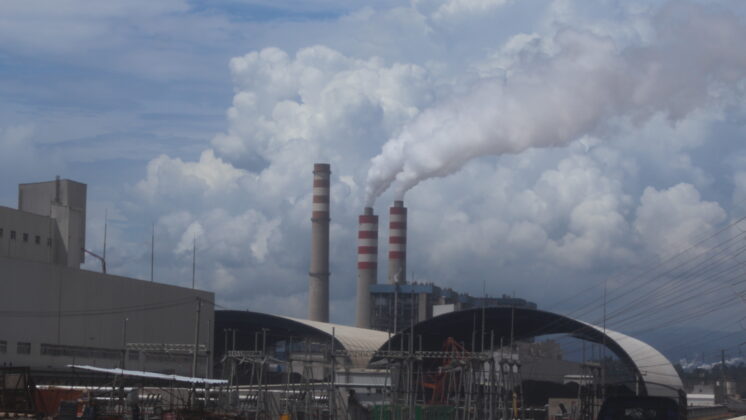On September 9, the first business day after Mid-Autumn Festival, more than 10.000 workers from the Apple supplier factory Dongguan Masstop in Guangdong Province carried out a work stoppage, according to Beijing News. The workers demanded a holiday bonus of 600 RMB ($97.8) per person. By 5:30 pm, 80% of the workers had returned to work, according to an announcement from local government officials.
On September 9, the first business day after Mid-Autumn Festival, more than 10 thousand workers from the Apple supplier factory Dongguan Masstop in Guangdong Province carried out a work stoppage, according to Beijing News. The workers demanded a holiday bonus of 600 RMB ($97.8) per person. By 5:30 pm, 80% of the workers had returned to work, according to an announcement from local government officials.
Masstop announced on September 5 that the holiday bonus for Mid-Autumn Festival would be reduced from half of workers’ base wage to 100 RMB ($16.3), leading to worker dissatisfaction. In past years, Masstop workers with at least one year of seniority received a 600 RMB ($97.8) holiday bonus for each of three holidays, including the Dragon Boat Festival, Mid-Autumn Festival, and Spring Festival.
On the morning of September 9, workers went on strike, hundreds of whom demonstrated in the streets near the factory, causing a heavy traffic jam. Hundreds of policemen came to suppress the protest and more than 10 workers were arrested. At 11:30 am, the local government organized negotiations between the factory and workers. The factory’s representative explained that the reduction of the holiday bonus was a result of the factory’s financial problems.
Wintek
Established in 1995, Dongguan Masstop is a subsidiary of Wintek Corporation, a Taiwan-based company founded in 1990. The factory produces touch panels and LCDs. In 2009, Apple workers at this plant went on strike over a cut in their benefits and wages. In 2011, hundreds of workers at a Wintek factory in Suzhou were poisoned by the use of a chemical used in the making iPhones screens.
Masstop once had more than 20 thousand workers. But as orders decreased, the number of workers reduced to around 10 thousand and 80% of Masstop’s workers are temporary workers.
Source: China Labor Watch











